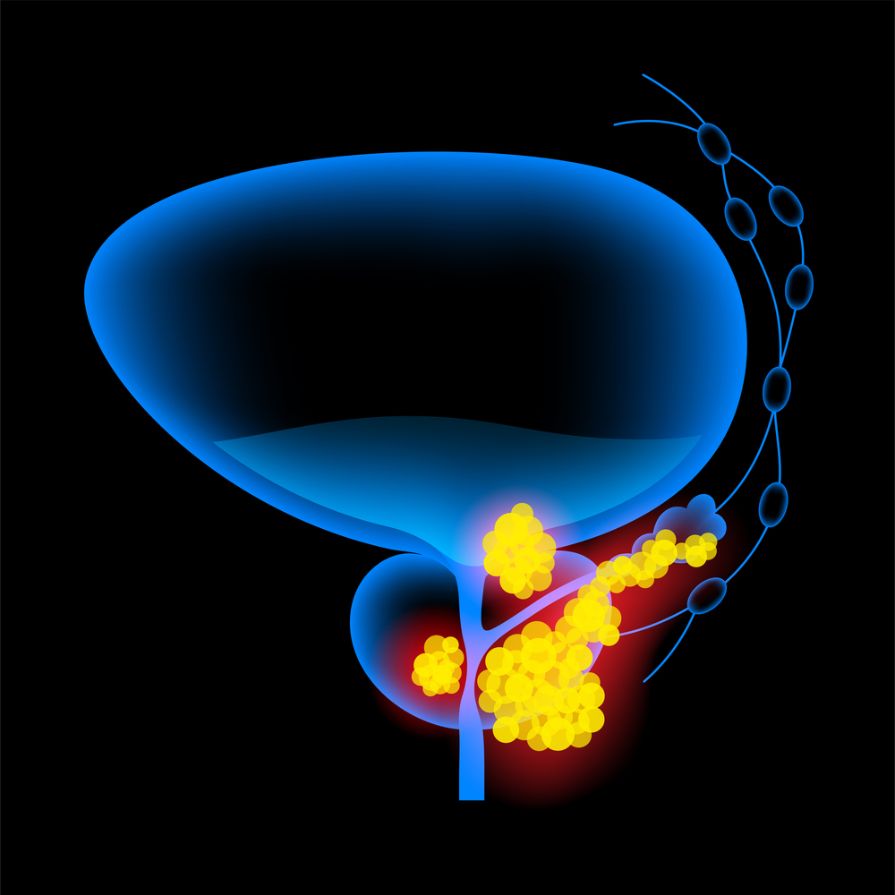The most common type of penile cancer is squamous cell carcinoma (SCC). Other types include warty condylomatous tumour, verrucous carcinoma and basaloid carcinoma. Cancers of the penis may grow quickly and enlarge, or they may grow slowly and become a small lesion. Some cancers are a mix of different kinds of cells, and these can be difficult to distinguish from normal tissues.
The chance of recovery from penile cancer depends on the type, where it is, and whether or not it has spread. You will be cared for by a team of health professionals who are experts in treating penile cancer, including urologists, surgeons, radiographers and specialist nurses. They will work together to plan your treatment.
Before starting any treatment, your doctor will check that the cancer is not spreading to other parts of your body. They will do this with a physical exam of your penis and with tests such as blood tests (to check for certain chemicals) and CT or MRI scans.
The doctors will also look at the size of the tumour and how far it has grown into the penis. The grade of the tumour is important because it tells your doctors if it is likely to grow quickly and spread, or whether it is more likely to stay localised.
If the cancer is in the early stages and has not spread, it can usually be treated with surgery. This involves removing the tumour and some surrounding healthy tissue, called a margin. If the cancer has spread, you may have radiotherapy or chemotherapy.

Depending on your age and how advanced the cancer is, you might have other treatments such as photodynamic therapy or cryosurgery. These involve using special drugs and light to kill the cancer cells or stop them growing. You might also have radiation to the lymph nodes in your groin or pelvis. These are called neoadjuvant therapies.
Your doctor will talk to you about the type and intensity of your treatment. They will take into account how the cancer has affected you, your general health and your personal preferences. They will also plan regular follow-up appointments, which might be a physical examination or tests such as blood and urine tests, or scans.
Some people who have penile cancer will need to see a specialist nurse or keyworker as well as their family doctor. The specialist nurse or keyworker will be able to help with practical advice and emotional support. They can also give you information about support groups and Macmillan Cancer Support.
It is important to keep up with your follow-up appointments. This is so that the cancer does not come back, or recur. You may need to have these appointments at your local hospital, or with specialists at another centre. These appointments may continue for several years. If you notice any changes between appointments, let your doctor know as soon as possible.









